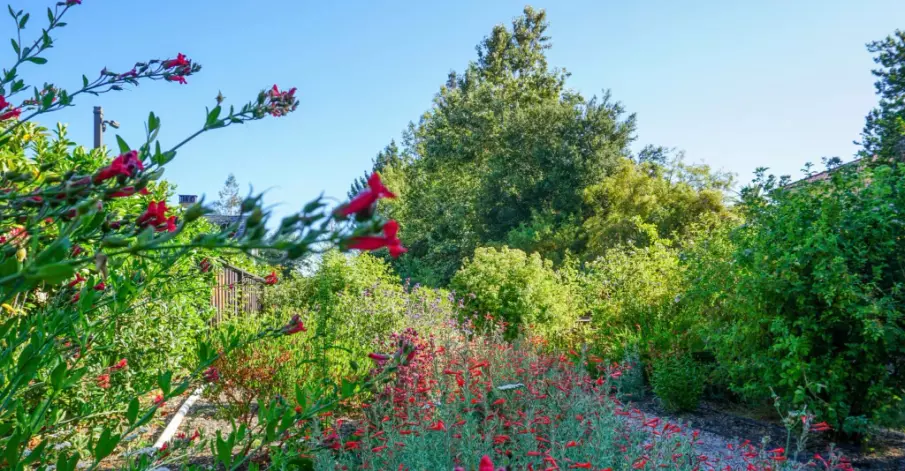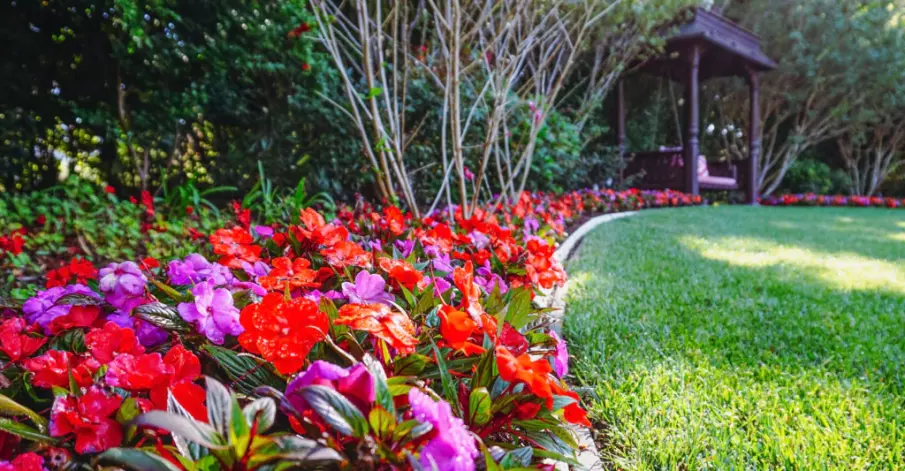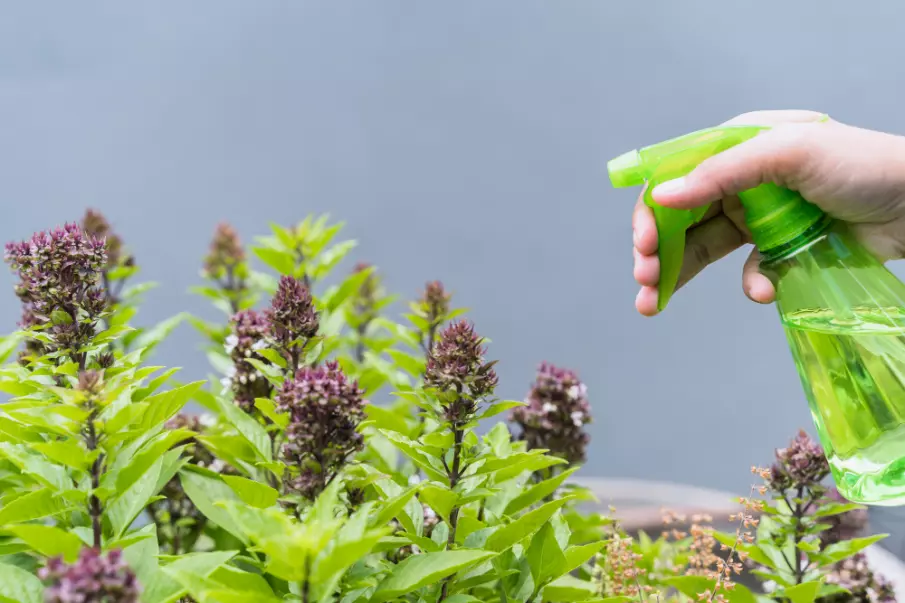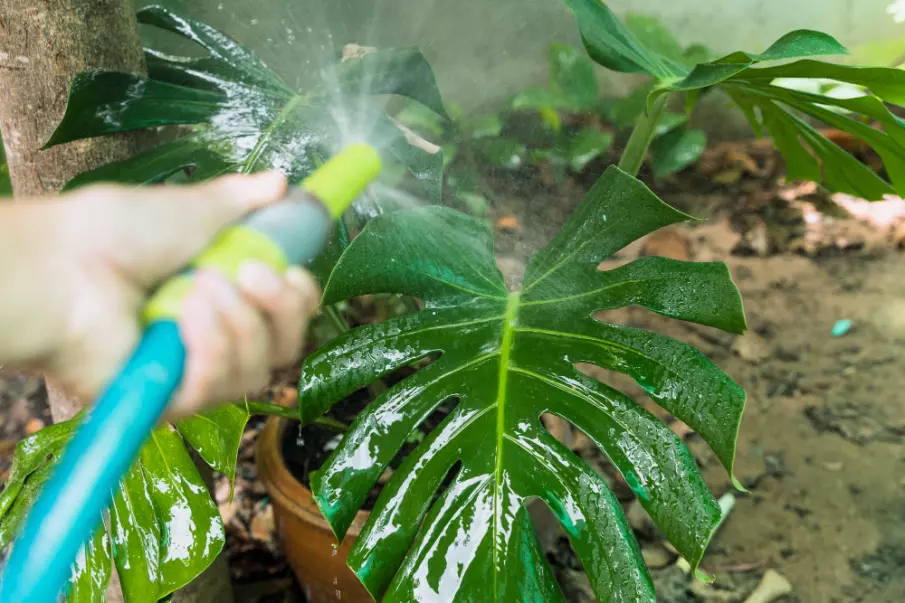The Power of Vinegar as a Natural Weedkiller in Atherton Landscapes

In the quest for maintaining a eco-conscious luxury landscape in Atherton, homeowners are increasingly turning to alternative methods for weed control that align with the principles of sustainability and environmental management. One such method that has gained popularity in recent years is the use of vinegar as a natural herbicide. While vinegar may seem like a humble kitchen staple, its high acetic acid content makes it a powerful weapon against unwanted weeds when used strategically and responsibly.
Understanding Vinegar's Weed-Killing Potential
Vinegar's efficacy as a weed killer lies in its main ingredient: acetic acid. This compound works by penetrating the plant's cell walls upon contact, causing them to break down and ultimately leading to the plant's demise. Household vinegar typically contains around 5% acetic acid, which is effective against small, young weeds with shallow root systems. However, for more resilient or mature weeds, horticultural vinegar with a higher concentration of acetic acid, usually around 20%, may be necessary to achieve satisfactory results.

Optimal Conditions for Vinegar Application in Luxury Landscaping
To maximize the effectiveness of vinegar as a weed killer in your luxury landscaping, it's essential to apply it under the right conditions. Ideally, this means choosing a warm, sunny day with minimal wind to ensure that the vinegar can fully penetrate the weeds' defenses. Applying vinegar during periods of peak sunlight enhances its herbicidal properties, as the heat helps to speed up the breakdown of plant cells and facilitates quicker absorption of the acetic acid.
Targeting the Right Weeds for Landscaping
While vinegar can be an effective tool for controlling weeds, it's essential to understand its limitations and use it judiciously. Vinegar is a non-selective herbicide, meaning it will kill any plant it comes into contact with, including desirable vegetation in your garden. Therefore, it's crucial to target only the weeds you want to eliminate and avoid spraying vinegar on nearby plants that you wish to preserve. Additionally, vinegar is most effective against small, young weeds with shallow root systems, so focus your efforts on these vulnerable targets for the best results.

Using Vinegar Responsibly in your Luxury Landscape in Atherton
As with any herbicide, it's essential to use vinegar responsibly and with caution to avoid unintended harm to the environment and surrounding vegetation. When applying vinegar, use targeted spraying techniques to minimize overspray and drift, and avoid spraying on windy days to prevent the vinegar from spreading to unintended areas. Additionally, consider the potential impact of vinegar runoff on nearby plants and soil health, and take measures to mitigate any adverse effects.
Homeowners in Atherton can benefit from Eco-friendly Weed Control
Incorporating vinegar into your weed control regimen offers several benefits beyond its effectiveness as a herbicide. Unlike synthetic herbicides, vinegar is a natural and environmentally friendly alternative that breaks down quickly in the environment, minimizing its impact on soil and water quality. By opting for eco-friendly weed control methods like vinegar, homeowners can reduce their reliance on harmful chemicals and contribute to the overall health and sustainability of their landscapes.

Vinegar presents a compelling option for homeowners seeking to maintain a luxurious and eco-conscious landscape in Atherton. With its natural herbicidal properties and minimal environmental impact, vinegar offers a sustainable solution for controlling weeds while preserving the beauty and integrity of your outdoor space. By understanding how to use vinegar effectively and responsibly, homeowners can embrace eco-conscious landscaping practices that enhance the overall health and sustainability of their gardens
More to Read:
Previous Posts:


